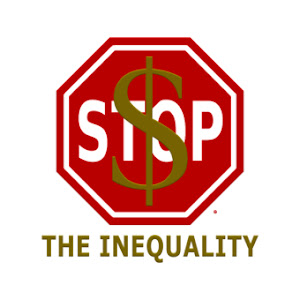Social inequality refers to relational processes in society that have the effect of limiting or harming a group’s social status, social class, and social circle. Areas of social inequality include access to voting rights, freedom of speech and assembly, the extent of property rights and access to education, health care, quality housing, traveling,transportation, vacationing and other social goods and services. Apart from that it can also be seen in the quality of family and neighbourhood life, occupation, job satisfaction, and access to credit. If these economic divisions harden, they can lead to social inequality.
Social inequality can emerge through a society’s understanding of appropriate gender roles, or through the prevalence of social stereotyping. Social inequality can also be established through discriminatory legislation. Social inequalities exist between ethnic or religious groups, classes and countries making the concept of social inequality a global phenomenon.
Source:












